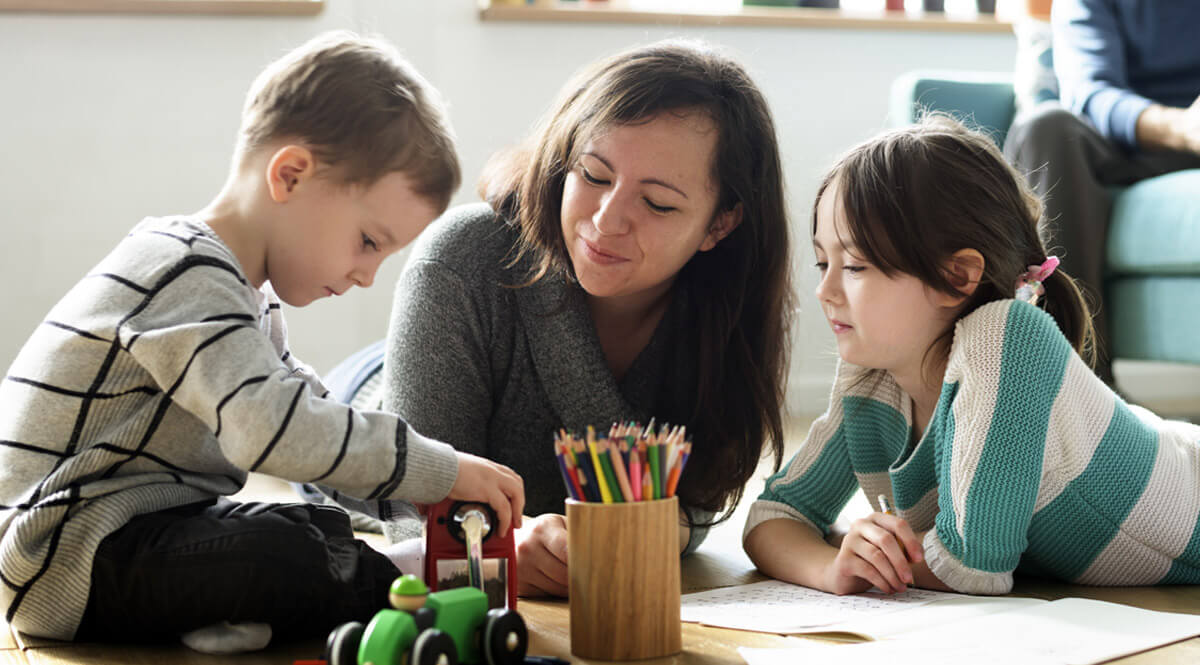What Impact Does Autism Have on Siblings?
April 10, 2019
April 10, 2019

When you have a child with autism spectrum disorder (ASD), it is easy to become consumed with the needs of that child, but autism does not solely affect the individual diagnosed with it. It impacts the entire family unit and can be particularly difficult on siblings.
How should a parent have the ‘autism talk’ with a sibling whose brother or sister is on the spectrum?
The age of the sibling will depend on how you approach that child and help him or her cope and understand the diagnosis and what it means for the brother or sister and family as a whole. As you think about bringing your other children along this journey, make sure you communicate within a manner that is developmentally appropriate for their ages.
In discussing with young children, some of it may be too much for them to process, but you can start simply. For example, communicate why a brother or sister may not speak verbally or behaves in ways that they may not be used to experiencing. Consider sharing that autism means their sibling sees the world a little differently and is not something “bad,” nor something people can “catch.” Emphasize how each child has different qualities and characteristics that make them special. Some choose not to use labels during this conversation, but find what works for you.

In discussing with young children, some of it may be too much for them to process, but you can start simply.
For kids who are a little older, there are books about autism and differing abilities, as well as guides in Autism Speaks’ ‘tool kits’ to help siblings learn more about what it means for them after talking about it with their parents.
The initial conversation is tricky, but it does not stop there. Communication should be ongoing. Be mindful of how the questions and concerns for this child may continue.
Most importantly, recognize that the sibling is affected by ASD and he or she may need support as well. Between diagnostic and therapy appointments and extra pieces put in place for the child on the spectrum, the process can be overwhelming and siblings often unintentionally take a back seat.
Include siblings in the activities. Identify things they can do together, as well as separately. Here at Hopebridge, for instance, we often offer events that include all kids in the family. Plus, there are some great programs out there specifically for siblings of children or family members with autism. Look into what kinds of support systems are available in your area and make sure you carve out time specifically for your neurotypical children, too. Create a network that allows you to step away and do special things with this child, so each kids feels as though they are an important part of the family.
Have more questions about autism or therapy with Hopebridge? Don’t see the answers to your questions? Drop us a question on Facebook or contact us directly to learn about the options in your area.
*Informed consent was obtained from the participants in this article. This information should not be captured and reused without express permission from Hopebridge, LLC.